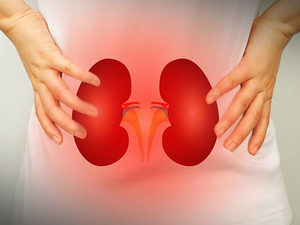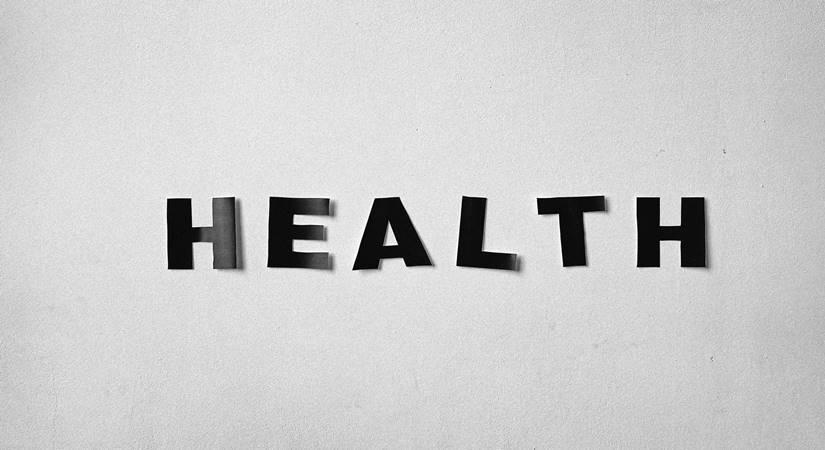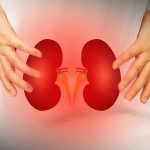The study led by Nanchang University researchers showed a lower CKD risk significantly associated with higher-level dietary total, plant, or animal protein (especially for fish and seafood) intake…reports Asian Lite News
Increasing protein intake may not be linked with gastro issues and kidney problems but a high-carb diet can cause severe harm, contended health experts on Monday.
In India, protein intake is generally low, and a high-protein diet does not harm healthy kidneys.
According to the latest meta-analysis, published in the journal Frontiers in Nutrition, a high protein diet is associated with lower Chronic Kidney Disease (CKD).
The study led by Nanchang University researchers showed a lower CKD risk significantly associated with higher-level dietary total, plant, or animal protein (especially for fish and seafood) intake.
“A high-carb diet often causes acid reflux, while increasing protein intake can mitigate this by lowering carbohydrate consumption. Conversely, a high-carb diet can lead to uncontrolled blood sugar in diabetics, potentially causing chronic disease,” Shashikant Iyengar, Metabolic Health Coach, told .
“Having the recommended amount of protein is not hazardous for healthy kidneys,” added Dr. Sudhir Kumar from Indraprastha Apollo Hospitals, Hyderabad, in a post on X.
The top neurologist explained that “for adults (above the age of 18 years), the recommended protein intake is 1 gm, 1.3 gm, and 1.6 gm per kg body weight for people engaged in minimal, moderate and intense physical activity, respectively”.
According to the recent guidelines issued by the Indian Council of Medical Research and National Institute of Nutrition (ICMR-NIN), the recommended dietary allowance (RDA) for protein intake is 0.83g protein/kg/day for healthy men and women (requirements of 97.5 per cent of the population.
However, the target is rarely met by most Indians, said the experts.
Dr Piyush Ranjan, Senior Consultant & Vice Chairman, Department of Gastroenterology, Sir Ganga Ram Hospital, told IANS that Dr Ranjan said “overall a balanced diet should include good quality and quantity of proteins. But excess intake especially of animal proteins and commercial supplements may be detrimental.”
He noted that recommended protein intake for adults varies between 1-2 mg per kg body weight, and that it depends on the physical activity, age, gender, and other comorbid conditions.
Dr Ranjan said animal and vegetable proteins differ slightly in their qualities, and increasing intake may be harmful for people already suffering from kidney issues.
“Excessive protein intake can lead to certain side effects. The most important risk is kidney damage, especially in people with pre-existing kidney disease. Excess of animal protein can also cause a rise in uric acid causing stones in the kidney,” he stated.

Further, a protein-rich diet is also blamed for causing bloating and other gastrointestinal issues.
“Among the gastrointestinal side effects altered bowel habits, flatulence and halitosis (bad breath) may be seen with excessive protein intake,” Dr Ranjan said.
Iyengar, however, disagrees. He said, “More acid reflux symptoms are found after a high carbohydrate diet. High carbohydrate diets could induce more acid reflux in the low oesophagus and more reflux symptoms in patients with gastroesophageal reflux disease”.
ALSO READ-Dual Drug Therapy Protects Diabetics’ Hearts and Kidneys













